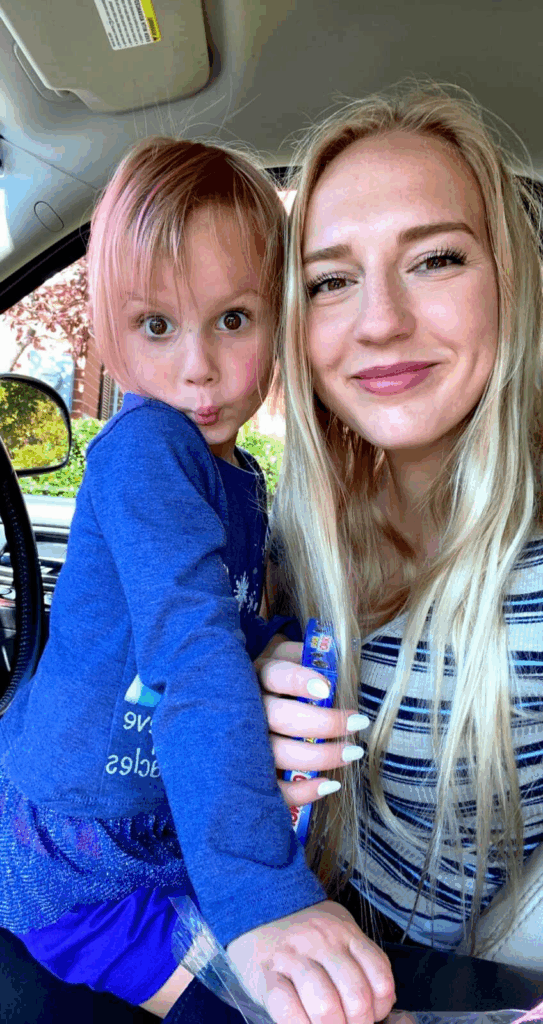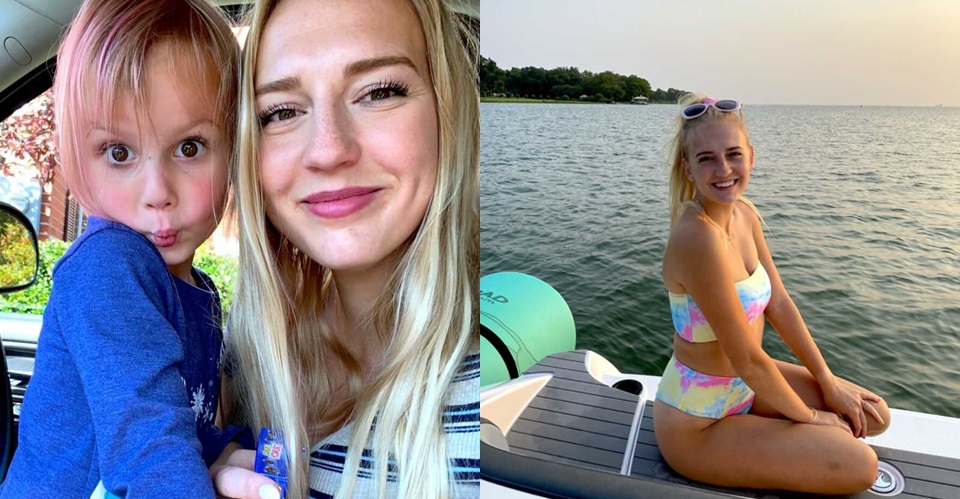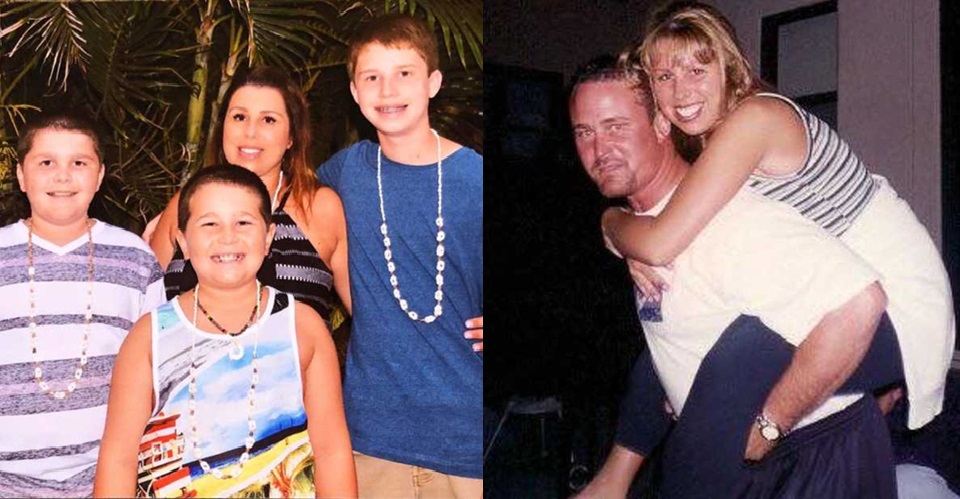She learned the trick isn’t to love every inch overnight, to treat herself like someone she loves, one small, brave choice at a time, until the voice she uses for others finally belongs to her. She loves the body-positive movement. When friends complain about stretch marks, soft bellies, or new lines around their eyes, she’s the first to say, “Your body is amazing.” She means it, too. Bodies carry babies, survive hard semesters, walk us through grief, fight off bad days, and still show up again tomorrow.

She believes that for everyone, except herself. That’s the part she doesn’t post. She can hype anyone else’s reflection, but the kind voice goes quiet when she looks at her own. She’ll see a roll above her swimsuit in a photo and hit delete. She’ll notice forehead lines and start Googling Botox. She’ll tug at a shirt and mutter that she needs to lose five pounds. It’s a list she would never hand to another person, yet she hands it to herself.

Around her kids, she’s careful. They won’t hear, “I’m fat” or “I’m ugly.” She knows how easily little ears turn into little mirrors. But just because she stays quiet out loud doesn’t mean the whispers in her head have stopped. They didn’t, until a simple family photo forced her to try something different. It was summer at the beach. Everyone was smiling, arms around each other in their swimsuits, and the sun on their faces. It should’ve been an instant favorite. All she saw was that roll. Her thumb hovered over delete.
Then she paused and asked what her husband, friends, and parents would say if they knew she was about to erase a happy memory because of an inch of skin. They’d laugh and tell her to keep it. So she did the scariest thing: she posted it. She wrote about feeling insecure. She printed the picture. She even made it her profile photo. The same shot she wanted to hide became one she loved, not because her body changed, but because her focus did.

She still notices the roll when she looks. It just doesn’t sting. That doesn’t mean she’s “cured.” She wishes. It means she found a tiny, practical way forward: practice what she preaches, then practice it again tomorrow. When a cruel thought shows up, answer it with a kinder one. When a photo feels uncomfortable, keep it. When the mirror starts a fight, change the script. Baby steps count. She also tries a trick that always softens her: what would she respond with if her child said the words she says about her own body? If her best friend stood in a bathing suit and sighed, would she pile on, or remind her of everything her body lets her do? The answer is obvious.
So she is learning to offer that same answer to herself. She won’t pretend this is easy. It is much harder to be gentle with your reflection than with someone else’s. No fairy godmother taps you on the shoulder and grants lifelong self-love. Even the women who seem endlessly confident probably have days when they avoid cameras and pick apart their angles. Loving your body isn’t a light switch; it’s more like a dimmer that brightens with use.

So she’s choosing to use it. She’s still imperfect. She still scrolls past photos some days. But she’s also stacking small wins: saving the beach picture, wearing the suit anyway, letting her kids see her swim and laugh instead of hiding behind a towel. She is trying to catch her body as more than “pretty” or “not pretty” as a living vessel for love and ideas, jokes at dinner, late-night talks, cartwheels in the yard, and hugs that fix a bad day in ten seconds.
If you’re like her, loudly kind to everyone else and secretly sharp with yourself, you’re not failing. You’re normal. And you can practice. Say the nice thing out loud. Keep the photo. Catch the thought and flip it. Let your kids hear you thank your legs for carrying you, your belly for holding them, your arms for all the lifting they do that doesn’t show up in pictures. You deserve that kind of voice, too.











